INTERVIEW CONTINUED FROM PREVIOUS PAGE
Describe the collaboration with Verve. Who specifically are you working with there and how do you decide on the roast profile and that sort of thing?
Well there’s head roaster Sean White, there’s the guy who I’ve been intimately dealing with up to this point – Joshua – he’s their head salesman – and then there’s Ryan and Colby. They’re the two owners. I’ll be dealing with all of them. Certainly they’re a big small company. When there’s a problem, Sean I’m sure will call me, or I can call Ryan or Colby directly. The ability to work hands on with them is one of the major reasons that I’m excited to work with them, to have that type of relationship. Not to knock any of the bigger guys, but once you cross a certain a certain volume, you can no longer have that sort of intimate relationship where they can tweak a roast to your style or Verve has told me they’re willing to buy lots and exclusively roast it for us, so we could have a crop that we really love, they’ll set it aside and roast it to order for us. That’s a direction I’m really excited to explore.
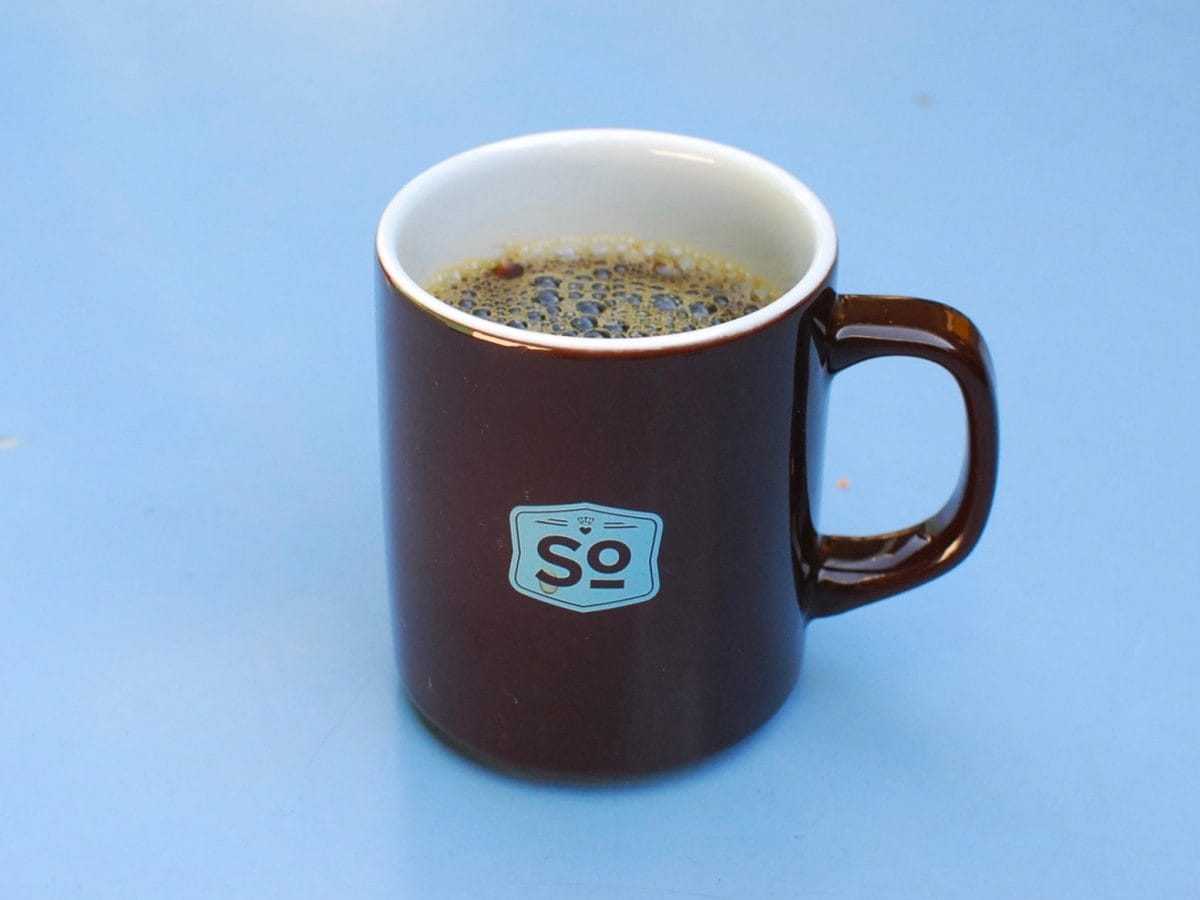
Is it the customization or quality that attracted you to Verve?
All of the above. Yeah, all of those. The fact that I think what they’re doing is great. They’re a nice middle ground between the uber light really, really acidic coffees you’re seeing some people like – do you want specific names of roasters? – there’s definitely Tim Wendelboe, Ritual – there’s this really light profile which is beautiful, and really at the forefront of specialty coffee. Same with Terroir. Then there’s guys that push the roast a little bit harder, and that’s not to say it’s burnt at all. It’s just a different development of the roast, and Verve is somewhere in between.
Does it matter to you that they’re not readily available in L.A. already?
Oh, I think it’s fantastic.
Did that inform your decision?
Absolutely. Everything we’re doing, we want the small, the artisanal guy, whether that’s Tcho chocolate or Straus dairy. Everything component for this operation, we want small, we want hand-roasted, we want just really boutique, and again, that person is as passionate about that product as we are about this product. We see eye to eye on that, across the board.
As Director of Coffee at Single Origin, how did you decide who to hire to work behind the bar?
It’s first and foremost passion and enthusiasm. I think those are two components that you cannot teach. I can teach, I think, most people how to make a great espresso, a great cappuccino, a great pourover, but you can’t teach someone how to be passionate or enthusiastic. Those two qualities are a must, and then from there, some people are coming in with experience already. Others are without coffee experience, but you can tell there’s a want and desire reminiscent of what I had three years ago. If they have the hunger to learn, they’re going to do great, given the tools we’ve brought in and the direction of the coffee.
So you have pourover. What equipment are you using?
The way we’re set up, it’s a little multi-dimensional. We have six V60s lined up, then instead of using a Guatemala bolt grinder, like you see so many people doing, we’re going to use two Mazzer Konys. It’s great. It gives us a different profile in the cup and it gives us a really interesting flexibility between grind size, so it’s step-less. These are typically designed for espresso, so the most minute grind adjustment, we can do on a pourover scale. And I think what you’re referring to is our hot water source, so we’ve got two of these Eco Under Counter Water Boilers. Basically what these do is they take your traditional over the counter boiler and they flip it upside down, so you have a spout that comes up and then the whole water boiler apparatus beneath maintains temperature control, and you can really adjust it on the fly, if you desire. It’s also timed out on its water delivery, so we can program it to the second to deliver a dose of water that we think works for our recipe, for the pourover at that time.
A lot of cafes have turned to multiple coffee roasters. You obviously decided not to do that. Why do you think that isn’t a good way to go?
It’s not that one’s a good way or a bad way, per se, but I definitely want to embrace a really strong relationship with Verve, the same way that I want them to embrace us. I wouldn’t want Verve to have 10,000 accounts, and I’m sure they wouldn’t want us to have 10,000 roasters. So you form this kind of loyalty where you are both strengthened by that relationship, number one. The other thing is that your program becomes a little watered down. As you expand and offer too many different roasters, it can get a little messy, number one. It certainly, from a business model standpoint, much more expensive to maintain. It’s harder to get good price points. You’re constantly dialing in for a new recipe and just burning through product. And I think your consumer isn’t sure of your identity at that point. And last and most importantly, I want to just execute, and I want to do a few things exceptionally well. I think that in order to do that, frankly, I’m not comfortable taking on 30 different beans and doing 30 different types of pourover. When I write a recipe for a batch, I put 40 hours into it. Do the math. If I have 30 different beans coming in, 40 hours a bean, how am I ever supposed to perfect that recipe?
Are you dialing in every day?
Oh, absolutely.
You personally, or will you let other people do that as well?
Hopefully it will be a collective process. Since we’re not open yet, it’s somewhat to be determined, but before we ever bring in a new coffee, which we’ll do seasonally. Within Verve, we will be rotating. It’s not like we’ll serve X coffee for the next 10 years. It’s always going to be changing as we’re buying the freshest and most delicious, but every batch that comes in, every sample, goes to the team to taste, make notes on, then we’ll collectively and democratically decide which offering we want to release next. We’ll do the same thing with dialing in a recipe. At the end, I am sort of the end all and be all, and a recipe isn’t going to get written, finalized and served unless it comes through me as the tasting channel. I think once I sign off on approval and agree that it’s delicious, and we have it fixed, then it will come out to the public. It’s never going to get to the point where any guy gets to throw in beans and serves them. It’s got to go through me.
What do you think it will take to make the L.A. coffee scene great, if it isn’t already?
I think we need to make coffee approachable, and I think we need to be able to give the audience what it wants, which is neither extreme, neither the roasty, bitter, and neither the acidity and sour. I think we need balance, and I think it’s going to take execution, it’s going to take moving the line, it’s going to take being flexible. If someone wants their latte a little warmer than 140 degrees, doing it for them, and that doesn’t mean butchering the drink or the product, but being flexible, and knowing the product and customer and trying to first and foremost, make them happy, appeal to them, because the biggest thing I see is a major disconnect between barista and your every day coffee drinker. The baristas know what they want and are certainly the most knowledgeable, but they don’t always know how to take that knowledge and take that knowledge and passion and get the customer on board. Actually, for me, it’s going to be figuring out my audience, and figuring out how to cater to them, without the kind of confines of what I believe in, and maintaining the integrity of what we’re here to do.
What do you think makes the L.A. coffee scene unique?
Well, I think it’s growing. It’s new. It’s not a saturated market yet. We’re leaps and bounds behind New York, Seattle, San Francisco?
In what ways?
Well, just in the sheer volume of what I would consider specialty coffee roasters, shops. I mean, how many great roasters exist in Los Angeles?…It’s a weak spot. How many truly, truly exceptional coffee bars are there? We are behind, but it’s growing. We have new roasters coming to town. As you know, Handsome Coffee – since you just did an interview with Chris Owens – it’s a new roaster. It’s great to see some young blood on the market, and again, those guys are really focused on hospitality, and that’s sometimes overlooked, in every facet of the culinary world, whether it’s a great restaurant, a great bar, a great coffee shop, sometimes there is a lack of hospitality. Breaking down that wall is going to get us all excited.
How interested are you in roasting your own coffee at some point?
Well, certainly I won’t say that I’m not interested. I’m interested in every part of the coffee production. You know, for me, to sidestep the question a little bit, last year I got to go to origin. It was my first time seeing a farm – La Minita, Costa Rica – God, it just opens up your mind and makes you even more passionate. I want to know everything you need to know about the product, which is coffee. Where we’ll go, I’m not sure, but it’s exciting.
Walk me through a typical coffee consumption day for you. What would that be like, from the moment you wake up to the moment you go to bed?
I almost always make pourover for myself and my wife in the morning. I come into the shop, we train on espresso pretty hard, especially right now, we’re still in that recipe writing, R&D phase, where we’re putting in about 40 hours to figuring out which espresso is most flexible for a straight shot, and moving the scale in milk drinks: macchiato, cappuccino, latte. What can fight Straus milk, which is rich, creamy and delicious, but also taste sweet and delicate as a straight shot. It’s a hard recipe to write, which is why I want to focus on one coffee at a time. My day leads up to drinking 20 drinks a day, easily.
What time do you stop?
Typically, I cut out at about 6:30, which is when I put it down for the day, revisit it today.
Do you get palate fatigue at some point?
Absolutely. It’s another reason why you want to surround yourself with great people, because you get to bounce what you think you’re tasting off of them. To me, it’s a creative process. I might interpret one thing as being sour and offensive. Someone else might think it’s juicy and sweet. To me, I certainly trust my palate, at the end of the day, but I get to that point by a numbers game, and I try to have as many people tasting what I’m tasting, and get their opinion because, ultimately, we’re going to be serving to a lot of people other than myself.
If you could only have one shot of espresso, who would pull it for you?
[laughs] Wow, that’s a good question. Have you asked people this question?
Maybe once or twice. This is a new one.
In all honesty…
…It can’t be you.
I was going to say. I think it would be me.
That’s too easy. Got to get one question where you see the interview subject squirm a little.
Controversial. Okay, I think I’ve got my answer…No, I don’t. I had one I thought I was going to say. Can I think about this one and submit it in writing?
No, I don’t think so.
George Howell. He has immensely influenced me as well as the entire specialty coffee industry. He’s a dear friend of mine and a guy that I greatly admire, yet he’s never pulled me a shot!

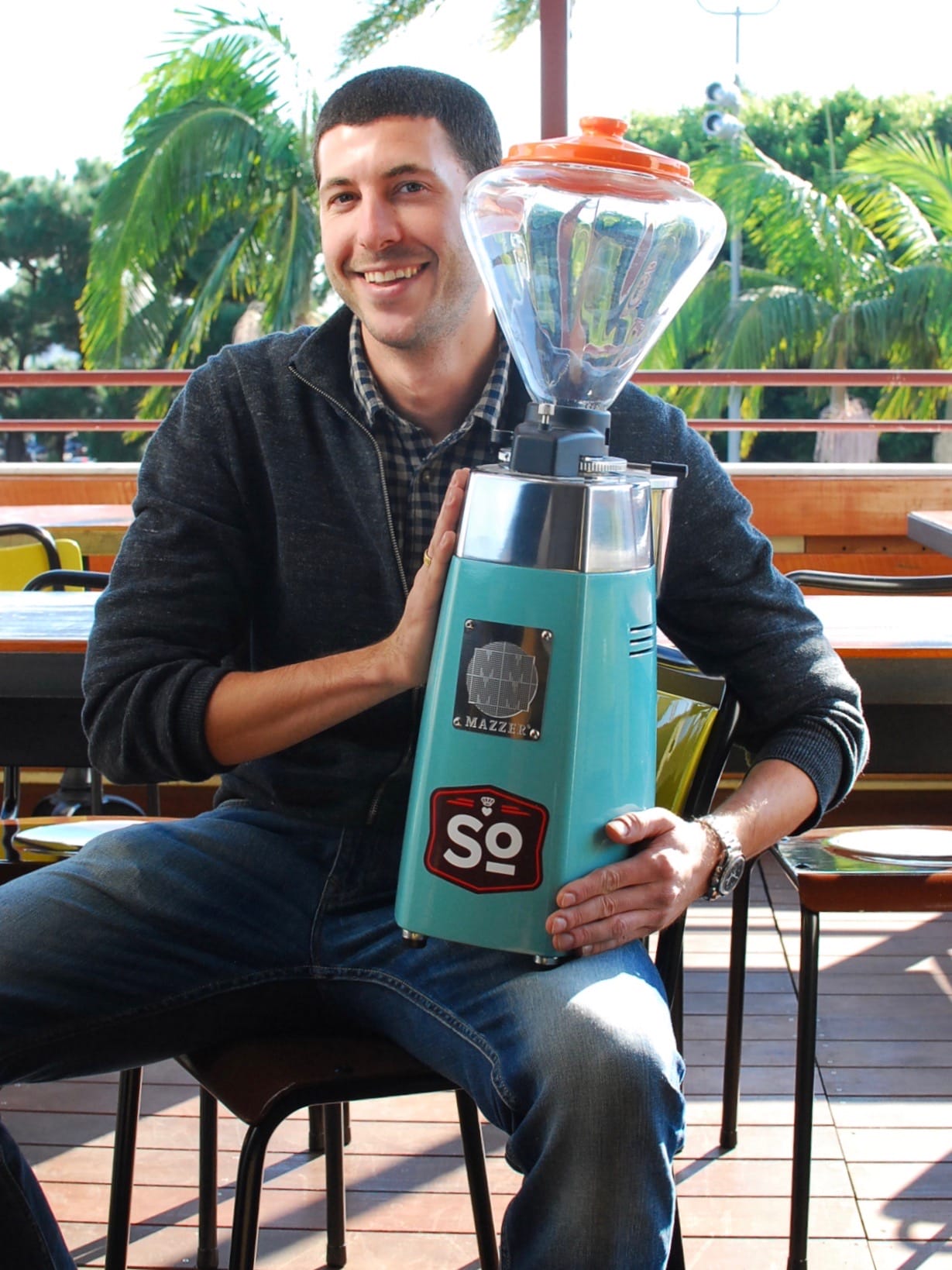
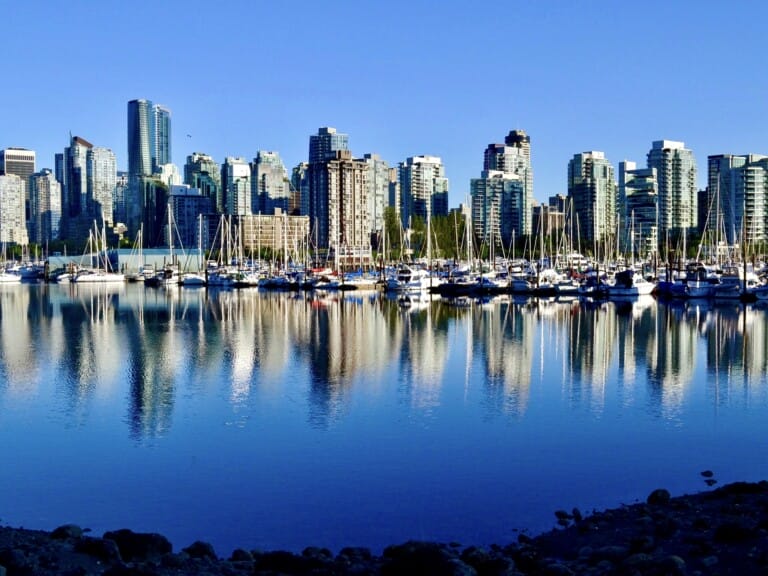
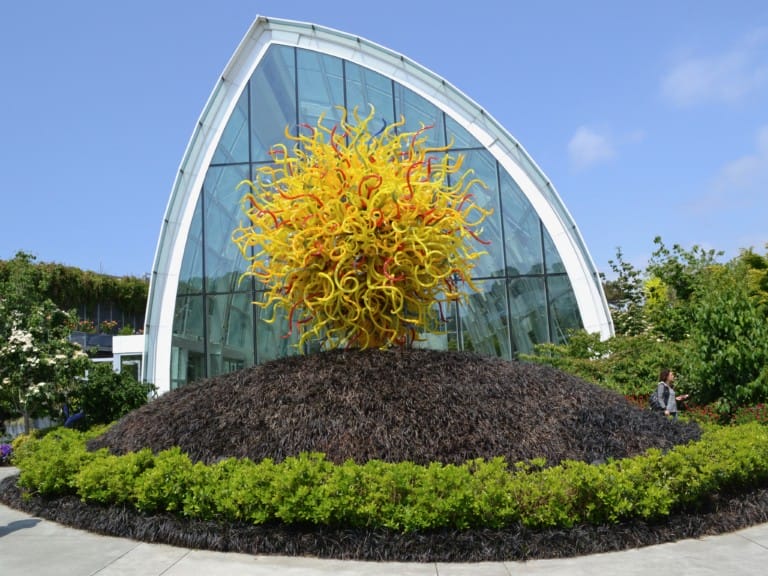
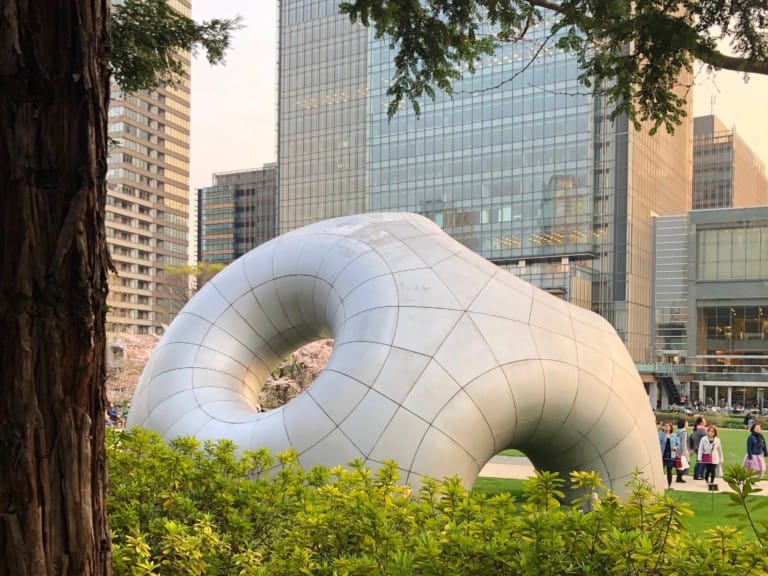




Leave a Comment